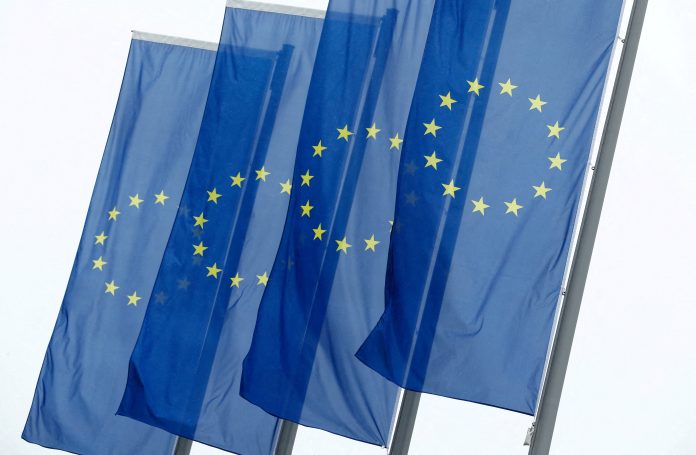Italy’s Bruna Szego was chosen to chair the EU’s new dirty money watchdog on Monday after a three-hour hearing in the European Parliament’s economy and justice committees and a subsequent debate on the issue, three people close to confidential talks told POLITICO.
Szego received a majority of votes to defeat rival candidates Marcus Pleyer of Germany and Jan Reinder de Carpentier of the Netherlands, despite a lack of support from the centre-right European People’s Party, the largest group in parliament, or the Greens, these people told POLITICO. (The EPP and the Greens had wanted to nominate Pleyer, a former chairman of FATF, the international body that monitors compliance with anti-money laundering rules.)
Szego, the only woman in the race, founded and headed the anti-money laundering (AML) supervision and regulation unit at the Bank of Italy, and previously headed the regulatory and macroprudential analysis directorate. She is a member of the EBA Standing Committee on AML; one of her strengths is linking macroprudential and money laundering risks.
In 2025, the European Union will introduce a new step in its fight against financial crime: the launch of the Anti-Money Laundering Authority (AMLA). This unique agency will be based in Frankfurt and will be the first EU body of its kind entirely dedicated to preventing money laundering and terrorist financing on a continental level.
AML will coordinate the efforts of all EU member states, bringing together under its roof experts and specialists in combating financial crime. The agency will monitor the activities of financial institutions that require special attention due to their cross-border operations and high level of risk. This includes not only traditional banks and insurance companies, but also newer market players such as cryptocurrency platforms.
Szego’s selection by lawmakers is a crucial step in the process of choosing the AMLA chairman. MEPs will now communicate their choice to the Commission, which will prepare a formal proposal. The two committees will then hold public hearings with the final candidate, who will also need the support of EU governments.
Olivier Salles, the EU official handling the procedures for the “initial launch [of AMLA],” said last week that he hoped the body’s chairman “will be appointed in January” so that he can take up his duties as soon as possible, and that a decision on AMLA’s executive board could be taken in February.
